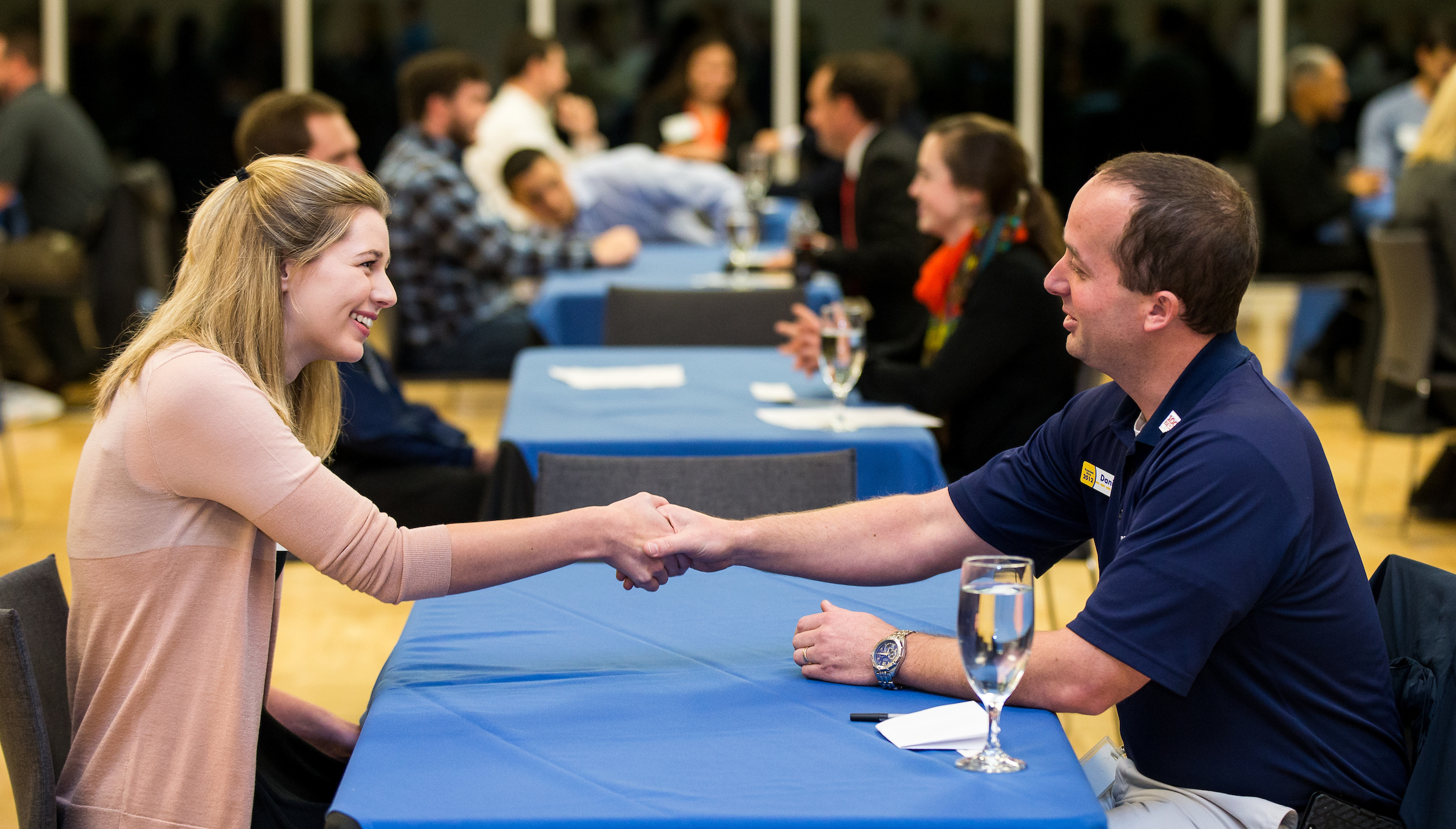Best Practices for Supporting your Student in Career Exploration and Job Searches
By: Career & Professional Development
Whether your student is approaching their first college summer break or is getting ready to graduate and embark on their career, there are many things you can do as a parent or family member to support your student through this exciting (and sometimes challenging) time.
Explore and experiment: Some students will know exactly what they want to do when they leave school, and some students will have a direct career path associated with their major. On the other hand, many students have neither of those things. It’s important to remember that it’s okay for a student to change their mind, change jobs, and try out a few different career fields when they first leave college. Empower your students to do research, gain experiences, and make decisions on their own, and they will eventually find their best-fit career.
Critically assess and reflect on values: Aligning personal values with that of your employer is one of the most important components of happiness and satisfaction in a career. Your student should be able to identify and articulate their values and assess how they align with their industry or employer of choice. Misalignment of those things can lead to dissatisfaction or burnout. A best-fit career is one in which an employee is recognized and encouraged to utilize their strengths and live their values, and it’s an incredibly important factor in the career decision making process.
Have the money discussion: Many students have unrealistic ideas or expectations about salaries and wages when leaving college. There are large discrepancies between starting salaries amongst different college majors. It’s important though, for students to realize that much of that variation will flatten out over the course of their career. Encourage your student to do research about what average starting salaries for their industry in their desired geographic location are, and encourage them to look at mid and late-career salaries if that is a big factor in their decision. Websites like Glassdoor.com or Onetonline.org are valuable tools for that research.
Make sure your student has visited Career & Professional Development and has had a one-on-one appointment with a career counselor. The staff in CPD has decades of combined experience helping students clarify and attain their career and educational goals, regardless of where they are in their individual career development process.
Don’t do the work for your student: This is the most important thing you can do-or rather, not do. Don’t build a résumé for your student, don’t fill out applications for them and definitely don’t attend an interview with them (you’d be surprised how often that occurs). Help equip your student with the tools they need to succeed in all of these areas independently.
The post-graduation transition to a career, volunteer work, the military or graduate school can be a tough one for many students, but as a family member, you can help ease that process in a supporting role. Gonzaga University graduates have access to Career & Professional Development office resources for life. Make sure your student knows that if they need additional assistance after they graduate, the CPD office is available by phone, email, or appointment.
careers@gonzaga.edu | 509.313.4234 | gonzaga.joinhandshake.com


Mary Cravalho
I love Gonzaga! Thank you! I cannot believe our son is graduating. Gonzaga has been an absolute blessing to Cory and we are so blessed that he was educated in the Gonzaga community. God bless all the graduating seniors and your entire community. Thank you, thank you, thank you!